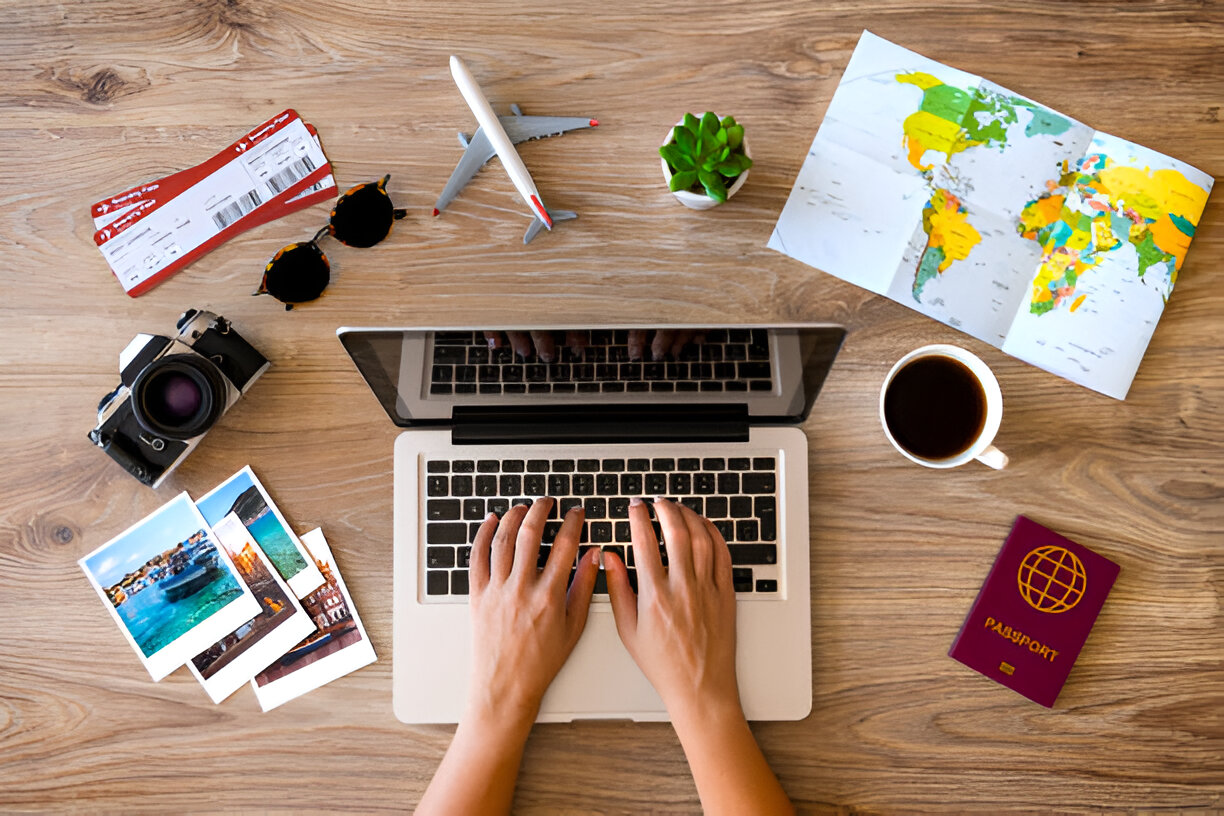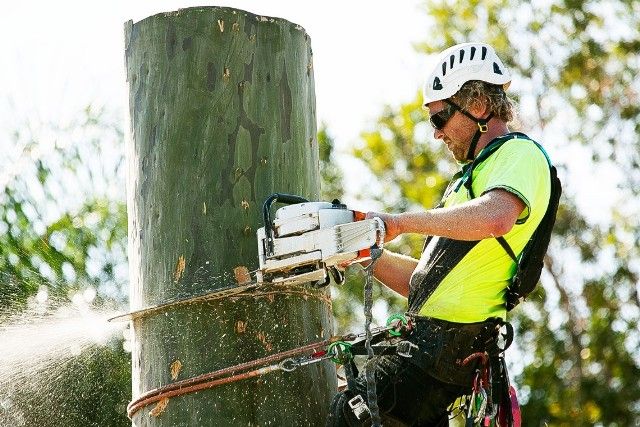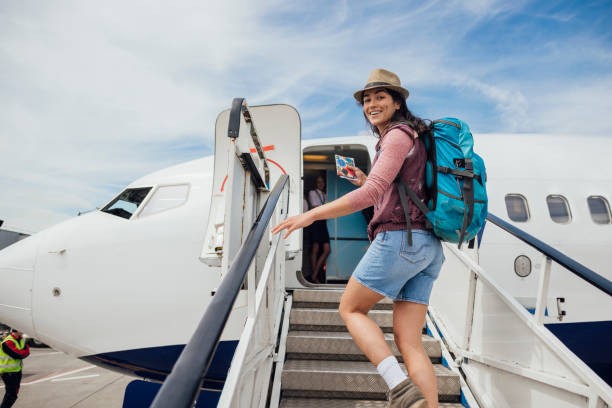
-
Table of Contents
“Navigating the New Normal: Embrace the Evolving Travel Trends Post-Pandemic.”
Introduction
The COVID-19 pandemic has fundamentally reshaped the travel landscape, leading to the emergence of new trends that reflect changing consumer behaviors and preferences. As travelers adapt to a world that prioritizes health, safety, and sustainability, understanding these trends becomes essential for industry stakeholders. From the rise of remote work facilitating longer stays to an increased demand for outdoor and nature-based experiences, the post-pandemic travel environment is characterized by a desire for flexibility, authenticity, and meaningful connections. This introduction explores the key shifts in travel patterns, motivations, and expectations that define the new era of exploration and adventure.
Remote Work and Travel: The Rise of Digital Nomadism
The COVID-19 pandemic has fundamentally altered the landscape of work and travel, giving rise to a phenomenon known as digital nomadism. As remote work became a necessity during the pandemic, many individuals discovered the flexibility and freedom that come with working from anywhere. This shift has not only transformed traditional employment models but has also led to a significant increase in the number of people choosing to travel while maintaining their professional responsibilities. Consequently, the rise of digital nomadism has emerged as a prominent trend in the post-pandemic travel landscape.
One of the most notable aspects of this trend is the growing acceptance of remote work by employers. Many companies have recognized the benefits of allowing employees to work from various locations, leading to a more flexible approach to work-life balance. This newfound flexibility has empowered individuals to explore new destinations while continuing to fulfill their job requirements. As a result, cities and countries that were once primarily tourist hotspots are now becoming attractive hubs for digital nomads seeking both adventure and productivity.
Moreover, the infrastructure to support digital nomadism has evolved significantly. Co-working spaces, high-speed internet access, and affordable accommodations have become increasingly available in destinations around the world. This development has made it easier for remote workers to establish a productive work environment, regardless of their location. Cities like Bali, Lisbon, and Medellín have emerged as popular choices for digital nomads, offering not only the necessary amenities but also vibrant cultures and communities that foster networking and collaboration among like-minded individuals.
In addition to the practical aspects of remote work, the psychological benefits of digital nomadism cannot be overlooked. Many individuals find that changing their environment can enhance creativity and motivation, leading to increased job satisfaction. The opportunity to immerse oneself in different cultures and experiences can provide a refreshing perspective that invigorates both personal and professional growth. As a result, the allure of combining work with travel has become an enticing prospect for many, prompting a reevaluation of what it means to have a successful career.
Furthermore, the rise of digital nomadism has implications for local economies. As more remote workers choose to live and work in various locations, they contribute to the local economy by spending on housing, food, and services. This influx of digital nomads can stimulate growth in sectors such as hospitality and tourism, creating new opportunities for local businesses. However, it is essential for communities to strike a balance between welcoming these new residents and preserving their unique cultural identities.
As we look to the future, it is clear that digital nomadism is not merely a fleeting trend but rather a significant shift in how we perceive work and travel. The pandemic has accelerated changes that were already underway, leading to a more interconnected world where individuals can seamlessly blend their professional and personal lives. This evolution presents both challenges and opportunities, as societies adapt to accommodate a workforce that values flexibility and mobility. Ultimately, understanding the rise of digital nomadism is crucial for navigating the new travel trends that have emerged in the post-pandemic era, as it reflects broader changes in work culture and lifestyle preferences. As this trend continues to evolve, it will undoubtedly shape the future of travel and work in profound ways.
Sustainable Travel: Eco-Friendly Choices in a Post-Pandemic World
As the world gradually emerges from the constraints imposed by the pandemic, a notable shift in travel trends has become increasingly apparent, particularly in the realm of sustainable travel. This evolution reflects a growing awareness of environmental issues and a collective desire to minimize the ecological footprint associated with tourism. Travelers are now more inclined to make eco-friendly choices, seeking experiences that not only enrich their lives but also contribute positively to the planet.
One of the most significant changes in travel behavior is the heightened emphasis on local and responsible tourism. Many individuals are opting to explore their own backyards or nearby destinations rather than embarking on long-haul flights. This shift not only reduces carbon emissions but also supports local economies that have been adversely affected by the pandemic. By choosing to travel locally, individuals can engage with their communities, discover hidden gems, and foster a deeper appreciation for the natural and cultural heritage that surrounds them.
Moreover, the rise of eco-conscious accommodations has become a defining feature of the post-pandemic travel landscape. Hotels and lodges are increasingly adopting sustainable practices, such as utilizing renewable energy sources, implementing water conservation measures, and sourcing food locally. Travelers are now more discerning, often seeking out establishments that prioritize environmental stewardship. This trend is not merely a marketing strategy; it reflects a genuine commitment to sustainability that resonates with a growing demographic of eco-aware consumers.
In addition to accommodations, transportation choices are also evolving. The pandemic has prompted many to reconsider their modes of travel, with a noticeable increase in the popularity of trains, buses, and other forms of public transport. These alternatives not only reduce individual carbon footprints but also offer a more immersive travel experience, allowing individuals to connect with their surroundings in a meaningful way. Furthermore, the rise of electric vehicles and bike-sharing programs has made it easier for travelers to navigate destinations sustainably, promoting a healthier lifestyle while minimizing environmental impact.
As travelers become more conscious of their choices, the demand for sustainable activities has surged. Eco-tourism, which emphasizes responsible travel to natural areas, has gained traction as individuals seek to engage with nature while preserving it. Activities such as wildlife conservation, tree planting, and guided nature walks not only provide enriching experiences but also contribute to the protection of fragile ecosystems. This shift towards experiential travel fosters a sense of responsibility and stewardship among travelers, encouraging them to leave a positive mark on the places they visit.
Furthermore, the integration of technology in travel planning has facilitated the pursuit of sustainable options. Numerous apps and platforms now provide information on eco-friendly accommodations, transportation, and activities, making it easier for travelers to make informed decisions. This accessibility empowers individuals to align their travel choices with their values, reinforcing the notion that sustainable travel is not just a trend but a fundamental aspect of modern tourism.
In conclusion, the post-pandemic world has ushered in a new era of travel characterized by a commitment to sustainability. As travelers increasingly prioritize eco-friendly choices, the tourism industry is responding with innovative solutions that promote responsible practices. This collective shift not only enhances the travel experience but also contributes to the preservation of our planet for future generations. By embracing sustainable travel, individuals can embark on journeys that are not only fulfilling but also aligned with a broader vision of environmental stewardship.
Health and Safety Protocols: New Standards for Travelers
The COVID-19 pandemic has fundamentally altered the landscape of travel, prompting a reevaluation of health and safety protocols that are now considered essential for travelers. As the world gradually reopens, the emphasis on health and safety has become a primary concern for both travelers and the travel industry. This shift is not merely a temporary response to the pandemic; rather, it represents a new standard that is likely to persist in the foreseeable future.
To begin with, travelers are now more informed and cautious than ever before. The pandemic has heightened awareness of health risks associated with travel, leading individuals to prioritize their well-being. Consequently, many travelers are seeking destinations and accommodations that demonstrate a commitment to stringent health and safety measures. This demand has prompted hotels, airlines, and other travel-related businesses to implement enhanced cleaning protocols, such as frequent sanitization of high-touch surfaces and the use of hospital-grade disinfectants. Moreover, many establishments have adopted contactless technologies, allowing guests to check in, order room service, and access amenities without physical interaction, thereby minimizing potential exposure to pathogens.
In addition to enhanced cleaning practices, the implementation of health screenings has become commonplace. Many airlines and airports now require travelers to undergo temperature checks before boarding flights, while some destinations mandate proof of vaccination or negative COVID-19 test results prior to entry. These measures not only aim to protect individual travelers but also serve to safeguard the broader community by reducing the risk of virus transmission. As a result, travelers are increasingly familiar with the documentation and procedures required for their journeys, which has led to a more organized and informed travel experience.
Furthermore, the rise of flexible booking policies has emerged as a significant trend in the post-pandemic travel landscape. Recognizing the uncertainty that travelers face, many airlines and hotels have adopted more lenient cancellation and rescheduling policies. This flexibility allows travelers to make plans with greater confidence, knowing that they can adjust their itineraries in response to changing health guidelines or personal circumstances. Such policies not only enhance customer satisfaction but also foster a sense of security, encouraging more individuals to consider travel as a viable option once again.
As travelers navigate this new environment, the importance of personal responsibility cannot be overstated. Wearing masks in crowded spaces, practicing social distancing, and adhering to local health guidelines have become integral components of the travel experience. Travelers are now expected to take an active role in safeguarding their health and the health of those around them. This collective responsibility fosters a culture of safety that is essential for the successful resurgence of the travel industry.
In conclusion, the new health and safety protocols that have emerged in the wake of the pandemic are reshaping the travel experience. Enhanced cleaning measures, health screenings, flexible booking policies, and a heightened sense of personal responsibility are all contributing to a more secure travel environment. As travelers adapt to these changes, it is clear that the lessons learned during the pandemic will continue to influence travel behaviors and expectations for years to come. Ultimately, these new standards not only aim to protect individual travelers but also to restore confidence in the travel industry as a whole, paving the way for a more resilient and health-conscious future.














